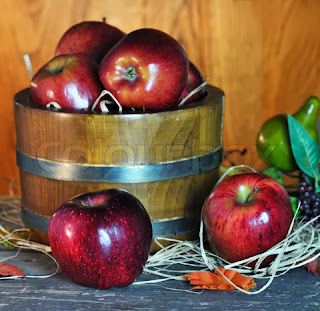Health in Islam: Imam Ridha (as) - Good Advices For Staying Healthy

Health in Islam: Imam Ridha (as) – Timeless Advice for Staying Healthy Imam Ridha (as) emphasized the importance of caring for both the body and the mind, offering guidance that resonates even in modern times. According to him, good health is a blessing from God, and prevention is always better than cure. "Your mental and physical diseases are cured by prayers. Good health is God’s blessing. No medicine can match physical exercises in fresh & unpolluted air for good health. Remember! Prevention is better than cure. Do not drink wine, and be not like swine to prevent crime." He further advised moderation in diet and the importance of a balanced lifestyle: "Gluttony is an enemy of longevity. Light diet with empty stomach is good for studies before dawn, especially after sleeping well. Balanced food, pure water & sunshine are also necessary for good health. Thankfulness to God for all of His blessings increases His blessings bountifully. Overeating (gluttony)...

























